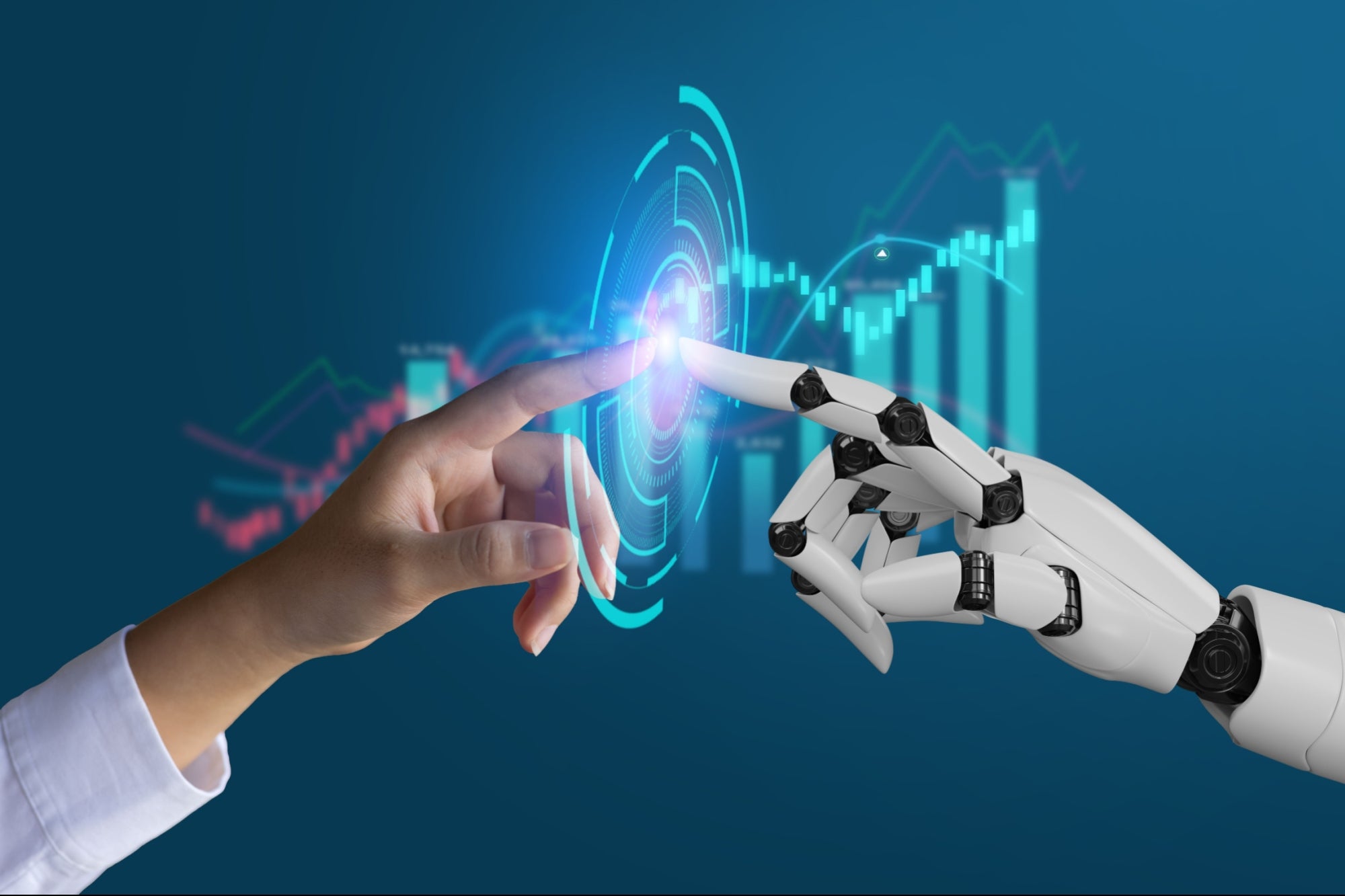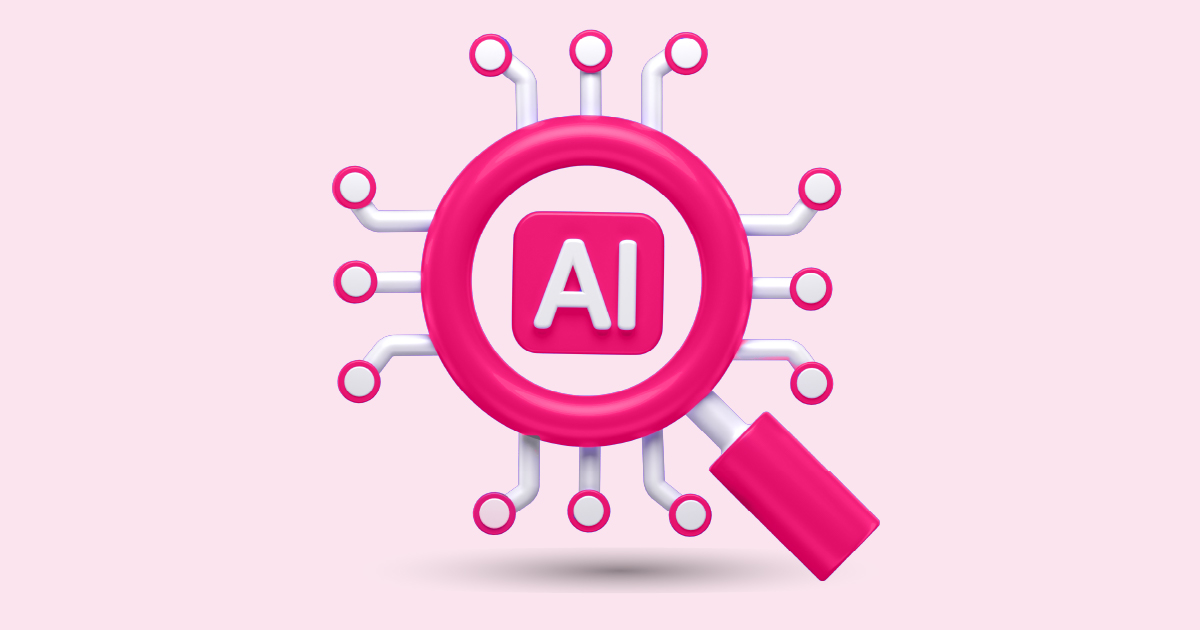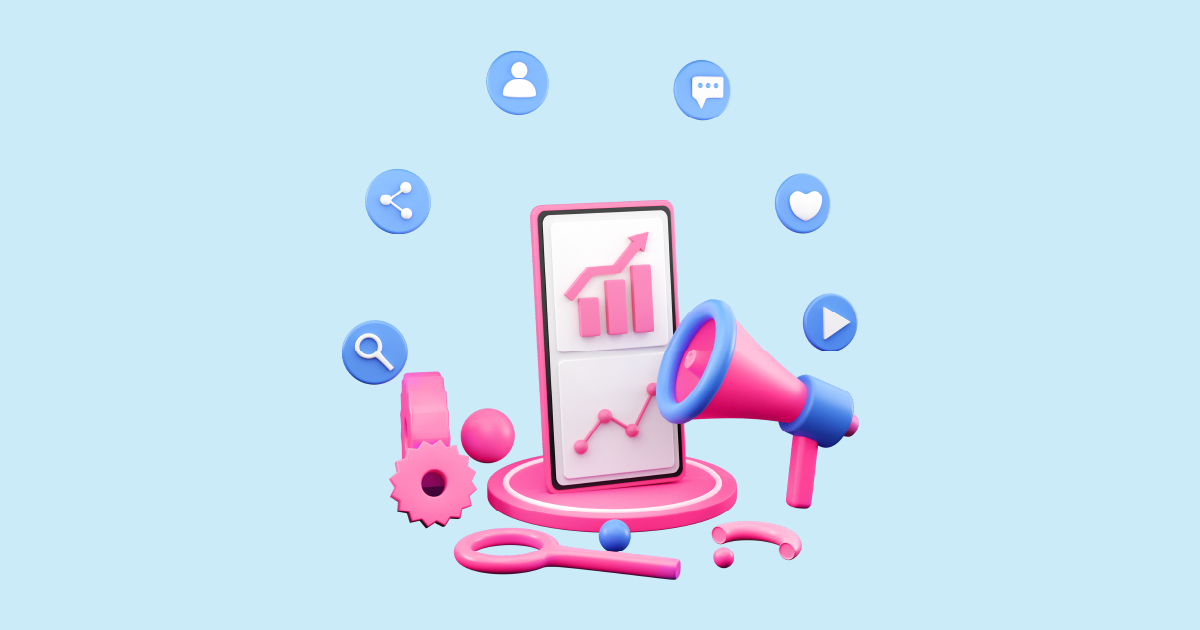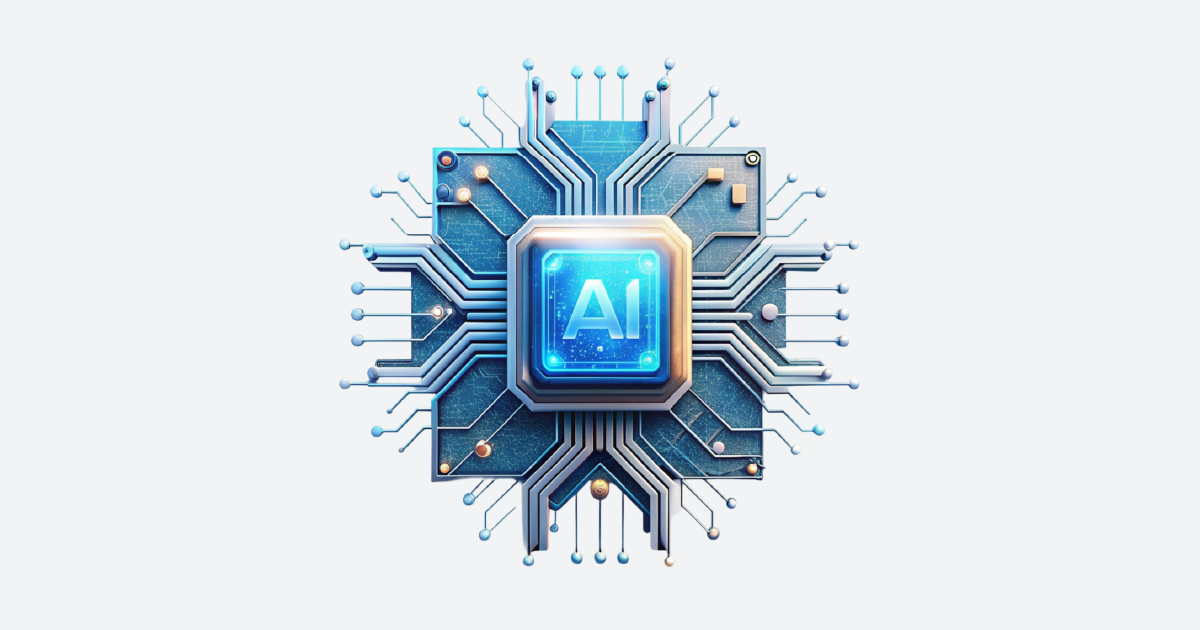Artificial Intelligence, commonly known as AI, has become one of the most transformative technologies of the 21st century. From enhancing business operations to revolutionizing healthcare, AI has found its way into various aspects of our lives. In this article, we will delve into the global trends in artificial intelligence, exploring its applications, advancements, challenges, and the future it holds.
Global Trends in Artificial Intelligence: Navigating the Future of Innovation and Transformation
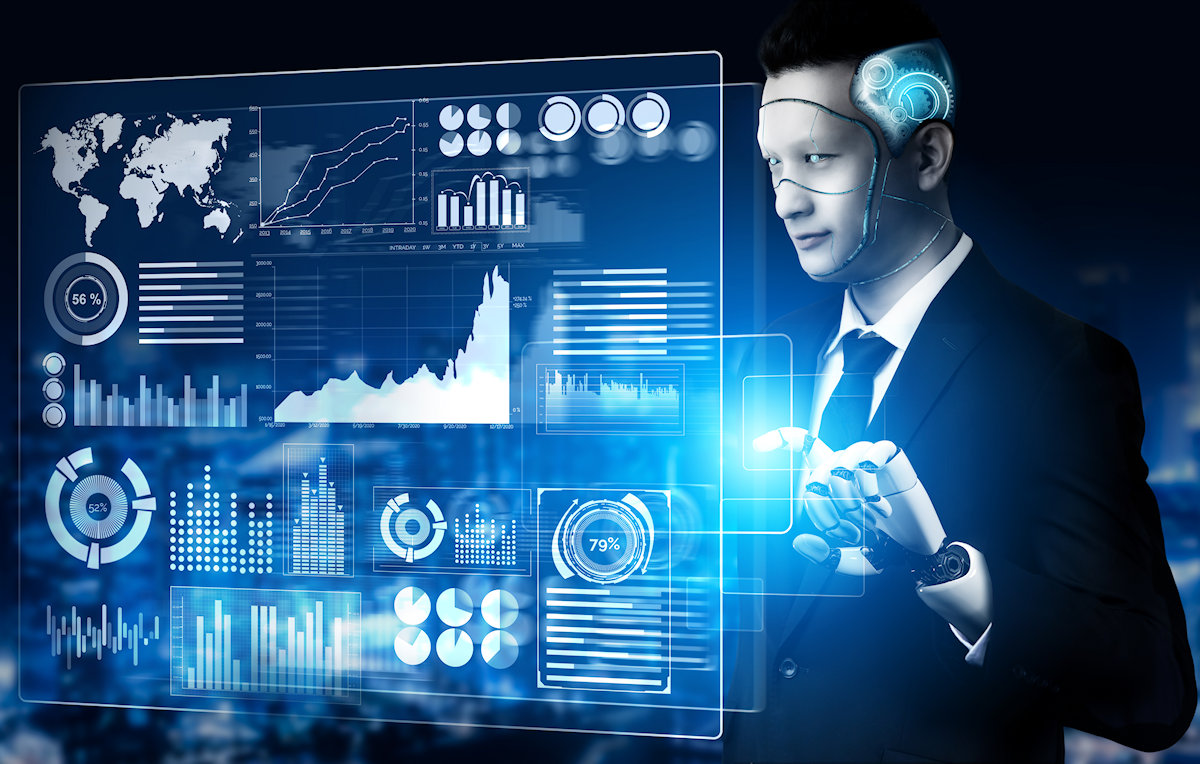
Understanding Artificial Intelligence
Definition of Artificial Intelligence
AI refers to the simulation of human intelligence in machines that are programmed to think and learn like humans. It involves the creation of intelligent algorithms and systems capable of analyzing data, recognizing patterns, and making decisions with minimal human intervention.
The Evolution of AI
The concept of AI dates back to ancient times, but significant progress has been made in recent decades. Early AI focused on rule-based systems, while modern AI leverages machine learning and neural networks for more advanced capabilities.
AI in Everyday Life
AI has seamlessly integrated into our daily routines. From voice assistants like Siri and Alexa to recommendation algorithms on streaming platforms, AI is all around us, making our lives more efficient and convenient.
Global Adoption of AI
AI in Business and Industry
Businesses worldwide are leveraging AI to streamline operations, optimize supply chains, and improve customer experiences. AI-powered analytics helps companies gain valuable insights into market trends and consumer behavior, leading to data-driven decision-making.
AI in Healthcare
The healthcare sector has embraced AI for diagnostics, drug discovery, and patient care. AI algorithms can analyze medical images with high accuracy, assisting doctors in early disease detection and personalized treatment plans.
AI in Finance
Financial institutions employ AI to detect fraudulent activities, assess credit risks, and automate customer service through chatbots. AI-driven algorithms aid in predicting market trends and optimizing investment strategies.
AI in Education
AI has transformed the education landscape with personalized learning experiences. Intelligent tutoring systems adapt to individual student needs, providing tailored learning paths and feedback.
Advancements in AI Technologies
Machine Learning
Machine learning is a subset of AI that enables systems to learn from data and improve their performance over time. It powers various AI applications, such as image recognition, language translation, and recommendation engines.
Natural Language Processing
Natural Language Processing (NLP) enables computers to understand, interpret, and generate human language. NLP is behind virtual assistants, language translation services, and sentiment analysis.
Computer Vision
Computer vision allows machines to interpret visual information from the world, enabling applications like facial recognition, object detection, and autonomous vehicles.
Robotics
Robotics combines AI and mechanical engineering to create intelligent machines capable of performing tasks in various industries, including manufacturing, healthcare, and exploration.
AI Ethics and Challenges
Bias in AI
One of the significant challenges with AI is the potential for bias in algorithms, leading to unfair outcomes. Addressing bias requires diverse and inclusive data sets during AI training.
Job Displacement
The increasing adoption of AI in industries may lead to job displacement for some roles. It calls for reskilling and upskilling programs to prepare the workforce for future job demands.
Privacy and Security
AI systems deal with vast amounts of data, raising concerns about privacy and data security. Striking a balance between data utilization and protecting individual privacy is crucial.
Future Prospects of Global Trends in Artificial Intelligence
AI and Human Collaboration
The future lies in AI-human collaboration. Artificial Intelligence will augment human capabilities, enabling more profound insights, innovative solutions, and improved productivity across various domains.
AI in Space Exploration
AI is revolutionizing space exploration, aiding in autonomous spacecraft and rovers. It helps analyze vast amounts of data from distant planets and space missions.
AI and Climate Change
AI plays a vital role in addressing climate change challenges. It assists in climate modeling, predicting extreme weather events, and optimizing energy consumption.
Conclusion
Artificial Intelligence has evolved from a concept to a reality, impacting industries and everyday life worldwide. Its applications in business, healthcare, finance, and education have transformed various sectors. However, as we embrace AI, we must address ethical concerns, job displacement, and data privacy to ensure a balanced future. The collaboration between AI and human intelligence holds promise for groundbreaking innovations that can tackle global challenges.
If you want to explore the potential of AI for your business, request a demo from AIM Technologies today.
FAQs
What are the ethical concerns with AI?
- The major ethical concerns with AI include bias in algorithms, privacy and data security, and potential job displacement. Ensuring fairness, transparency, and accountability in AI systems is essential.
Can AI predict market trends accurately?
- Yes, AI-powered analytics can analyze vast amounts of market data and historical trends to predict future market movements with a high degree of accuracy.
How can AI benefit the education sector?
- AI benefits the education sector by offering personalized learning experiences. Intelligent tutoring systems adapt to individual student needs, enhancing learning outcomes.
What is the future of AI in space exploration?
- AI will play a crucial role in space exploration by enabling autonomous spacecraft and analyzing data from distant planets, unlocking discoveries in the cosmos.
